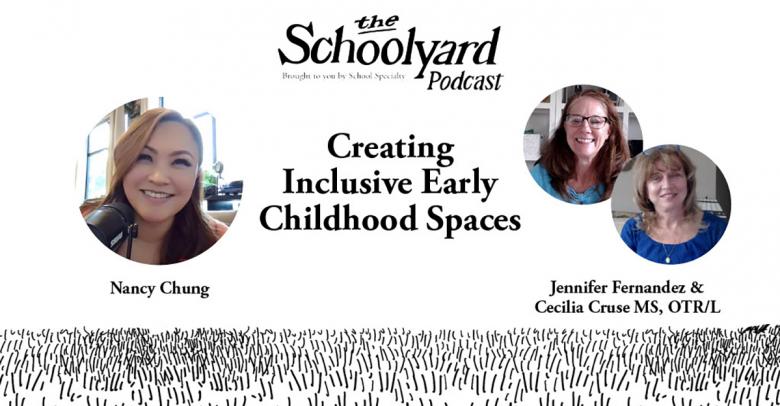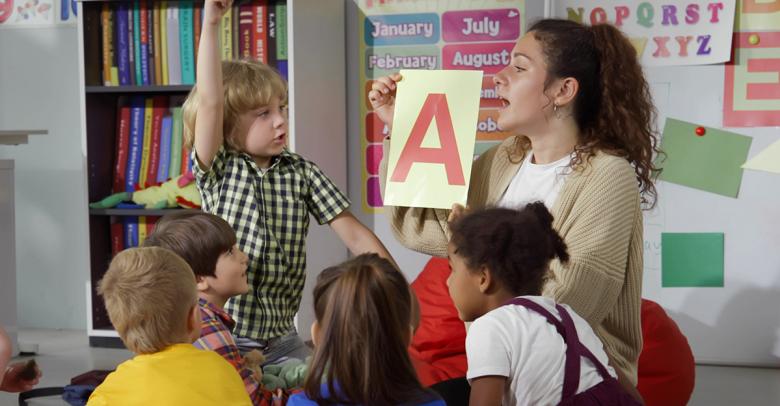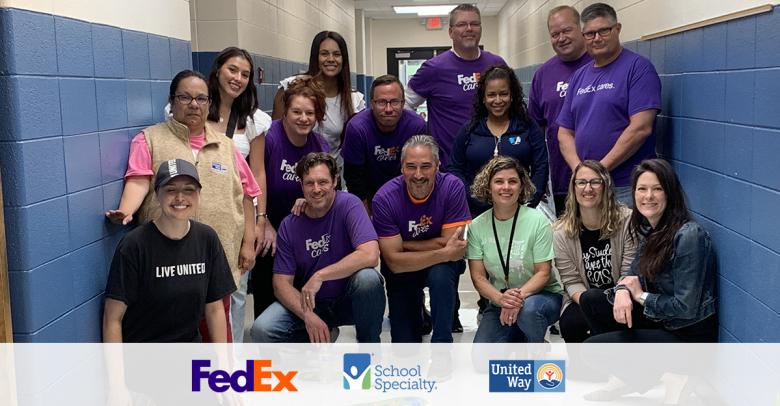Strong family engagement is critical in supporting the academic, behavioral, and social-emotional development of children. Research shows that when families engage with early education programs, their children exhibit better behavior, higher academic achievement, and enhanced social skills.
Engaging parents and other caregivers in their children’s education is essential for supporting their long-term growth and achievement.
“Family engagement is about seeing families as an inextricable part of their child’s early education and treating them as partners and experts in their child’s learning and well-being,” says Mallary I. Swartz, former director of family engagement research for the nonprofit organization Start Early. “Years of research show that engaging families goes far beyond raising test scores—it’s about preparing children and families for success in life.”
Here are five suggestions for how early education programs can engage families successfully in their children’s education, leading to better outcomes.
Communicate with families often—and in many ways.
To encourage family involvement, make sure you interact with families frequently. Use a variety of methods to communicate; for instance, “engage with families in person at drop-off and pick-up, keep a journal for each child that families can read and contribute to, set up a Parent Information Board, write regular newsletters or blog posts, and send emails or text messages,” suggests Resources for Early Learning, a website developed by the Massachusetts Department of Early Education and Care in partnership with the WGBH Educational Foundation.
Be creative.
Start Early has piloted several innovative strategies for engaging families in their children’s education. In one project, the organization found that sending a simple text message to families each day can prompt them to engage in early learning moments with their children.
In 2012, Start Early teamed up with researchers at Northwestern University and Parent University, an edtech company, on a project called the Pocket Literacy Coach. Parents at three Head Start programs in the Chicago area enrolled in Parent University’s texting service, and they received a daily text message that provided a fun, easy idea for a parent-child activity that focused on literacy, math skills, and critical thinking.
The findings from the project were overwhelmingly positive: Parents who received the text messages said they engaged in a larger variety of learning activities with their children than parents who didn’t get the messages. Parents also saw text messages as an easy, accessible, and enjoyable way to inspire greater engagement in their children’s learning.1
Develop healthy, positive relationships with families.
Interactions between educators and families should be positive, purposeful, and reciprocal in nature. “Treat the educator and family relationship the way you would treat any important relationship in your life,” Resources for Early Learning says. “Work to create a respectful and reciprocal relationship—one in which families feel valued and supported.”
Educators can build trust and foster positive, two-way communications with parents by sharing information about their children’s positive behaviors and accomplishments, as well as skills and areas that need work.
Make families full partners in their children’s education.
Families have unique knowledge about their children. Ask for feedback from families about the children’s academic and social development outside of the early education program. Parents and caregivers can share valuable information about how their children think, feel, and learn beyond the formal learning environment, which can help shape and guide their children’s development while at school.
Effective early education programs “invite families to actively take part in making decisions concerning their children’s education. Teachers and families jointly set goals for children’s learning both at home and at school,” the National Association for the Education of Young Children (NAEYC) observes.
Help families support and extend their children’s learning.
Children learn more when there is coherence between the education that takes place at home and at school. Effective early learning programs “use learning activities at home and in the community to enhance each child’s early learning and encourage and support families’ efforts to create a learning environment beyond the program,” says NAEYC.
Early education programs can create this coherence by giving families specific ideas for extending their children’s learning at home by incorporating math and literacy concepts into everyday routines. Early childhood learning programs can also make instructional resources such as take-home packs, activity sets, and other materials available to families to support their children’s education.
Support is available
School Specialty has partnered with early education programs for more than six decades, providing tools, resources, and strategies that promote successful early education both at home and at school. To learn how School Specialty can help you foster strong family engagement in your early childhood education, visit our site! We have professional development opportunities that include site-based workshops, as well as live and on-demand webinars.
Jennifer Fernandez
Jennifer has over 30 years of experience in education. She has degrees in Elementary Education, Spanish, and Bilingual Education and holds teaching licenses in Texas and Minnesota. She has taught PreK-2nd grade in general and bilingual settings, served as a professional learning specialist for seven years, and currently presents at state and national conferences.
Read more by Jennifer Fernandez–>
1. Lisa B. Hurwitz, Alexis R. Lauricella, Ann Hanson, Anthony Raden & Ellen Wartella (2015).
Supporting Head Start parents: Impact of a text message intervention on parent–child activity engagement. Early Child Development and Care, 185:9, 1373-1389, DOI:
10.1080/03004430.2014.996217







This blog post on building strong family engagement in early childhood programs is a valuable resource. The five keys mentioned here provide actionable strategies for fostering meaningful partnerships between educators and families. Thank you, School Specialty, for sharing these essential insights!
Thank you for your kind words, Vikash. We believe engaging families is an important educator component in a student’s education. You can find more articles about Family Engagement on our tag page:
https://blog.schoolspecialty.com/tag/family-engagement/
We also have tons of Family Engagement resources on our website!
https://www.schoolspecialty.com/classroom-resources/family-engagement
The article offers valuable recommendations and sensible advice for fostering meaningful connections between families and early childhood programs. I respect the dedication to improving family engagement, an essential aspect of a child’s educational journey. Well done